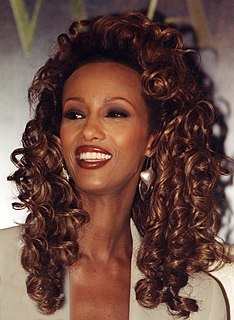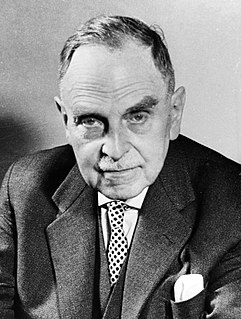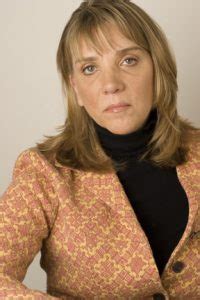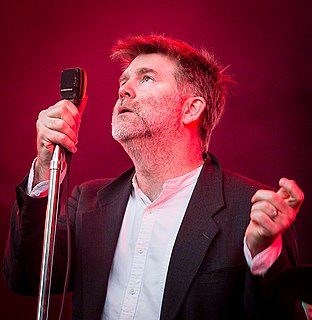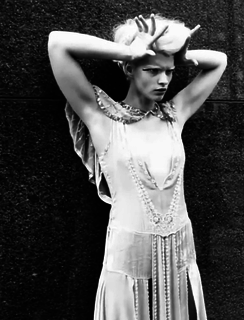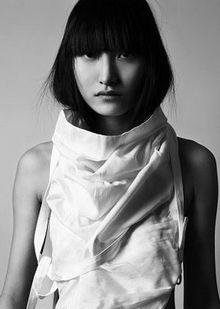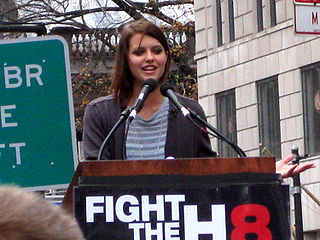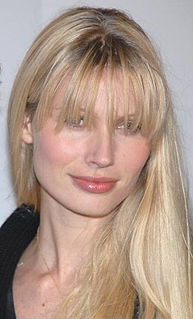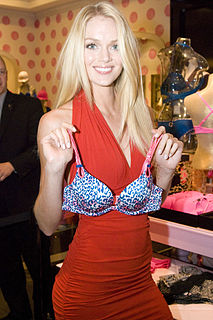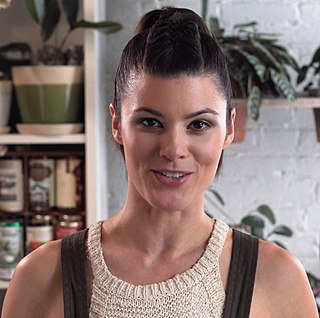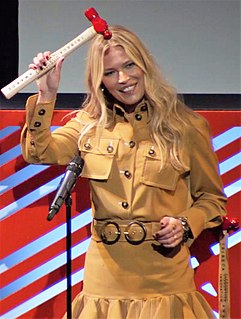A Quote by Iman Abdulmajid
When 9/11 happened, 12 of our neighborhood firemen were killed. I looked around at the country that had adopted me and I became an American.
Related Quotes
Women became almost our bigger audience. Teenage girls went crazy for my movie. I saw it. I went to theatres all over and there were gangs of girls going and screaming. There were kids that were 10 or 11 years old when September 11 happened. They've been told for years they're going to get killed, they're going to get blown up. Every time you go on an airplane, X-ray your shoes because you're going to get blown up. Terror alert orange, don't travel. So, people have a reaction and they want to scream. Horror movies have become the new date movie.
She thought she would know when it happened. But now, as she looked around, she wondered if it was really like that at all. Maybe it happened in a million different ways, when you were thinking of it and you weren't. Maybe there was no gap, no jump, no chasm. You didn't forget yourself all at once. Maybe you just looked around one time or another and you thought, Hey. And there you were.
As a result of continuous work with these highly toxic substances, our minds were so numbed that we no longer had any scruples about the whole thing. Anyway, our enemies had by now adopted our methods and as they became increasingly successful in this mode of warfare we were no longer exclusively the aggressors, but found ourselves more and more at the receiving end.
I did not feel proud of our country, seeing that we were bombing peasant villages, that we were not just hitting military targets, that children were being killed. We were terrorizing the North Vietnamese with our enormous Air Force. They had no Air Force at all. They were a little pitiful country and we were terrorizing them with our bombs. And no, I did not feel proud at all.
I'm scared of myself. I think I'd be a bad driver. I'm scared of cars, period. I've had too many friends killed now, and I've seen too many people killed in my life when I drove across the country when I was 12. I'm sure that has a lot to do with it. If you see a few real dead bodies with brains on the pavement, it does a lot to change your attitude. It means you can get it too. I've had a lot of relatives killed. I've had a lot of dear friends killed. It's stupid. The whole activity is stupid.
Because my parents were American missionaries who sent me to public schools in rural Japan, I had to confront Hiroshima as a child. I was in the fourth grade - the only American in my class - when our teacher wrote the words "America" and "Atomic Bomb" in white chalk on the blackboard. All forty Japanese children turned around to stare at me. My country had done something unforgivable and I had to take responsibility for it, all by myself. I desperately wanted to dig a hole under my desk, to escape my classmates' mute disbelief and never have to face them again.
I did not feel very patriotic. I did not feel proud of our country, seeing that we were bombing peasant villages, that we were not just hitting military targets, that children were being killed. We were terrorizing the North Vietnamese with our enormous Air Force. They had no Air Force at all. They were a little pitiful country and we were terrorizing them with our bombs. And no, I did not feel proud at all.
We always had power shortages in the country. I was living right next to the border with China, and it was the only country I could compare to my own. When I looked across the river, it was a completely different world - there were no people dying. It looked like a place full of colour, and that's what confused me.
